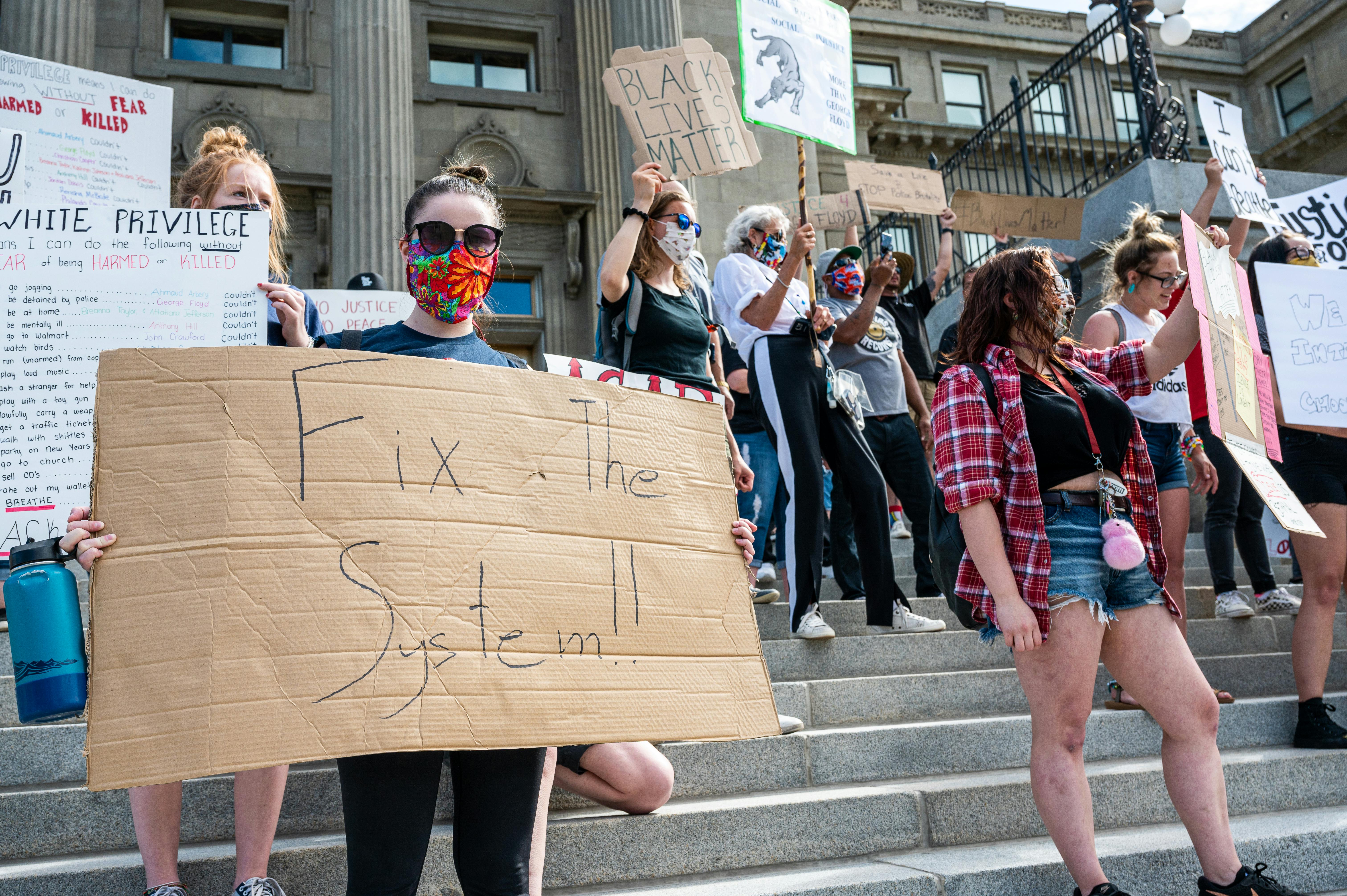The pronouncements of politicians and the US State Department about other nations are reminiscent of the “world police” status that the United States often adopts. Unquestionably, the United States remains the most powerful nation in the world, but our leadership status depends on a healthy American economy. As US debt deepens, our ability and incentive to straighten out the rest of the world will diminish and should diminish. American energy projected abroad always comes at a high price. Young lives are lost. Carrier groups, foreign aid, weapons, intelligence services, military bases, alliances, and foreign initiatives often cost billions of dollars. America’s triumphs over colonialism, fascism, and communism created overconfidence in our ability to impose our culture and values on different nations and regions.
As was the case in Afghanistan, driving communism out of Afghanistan did not produce a friendly state of the United States, nor any state at all considering the disjointed state of Afghanistan on September 11, 2001. Yes, a Cold War victory was won in Afghanistan, but then an enemy stronghold was created in the War on Terror. New enemies emerge after old enemies are defeated. Something similar happened in Iraq: we eliminated our enemy Saddam Hussein, we put the Shiite majority in power and now we face the Shiite enemy in Iran, as well as certain Shiite enemies within Iraq. The depositions of Moammar Qaddafi in Libya and Hosni Mubarak in Egypt do not necessarily create friendly successor regimes by the United States. We could face problems in Syria after a regime change happens. A cost-benefit analysis should question how much profit the United States makes for the lives and money spent in police areas of the world very different from our own.
The United States must acknowledge its cultural ignorance of the Arab and Muslim worlds. No matter what we do, the elements of those societies still hate our guts. More than a decade after 9/11, we still anger Muslim “friends” in those countries where our troops are fighting. We thought Pakistan was our ally in the fight against global terrorism, only to find that it was harboring our greatest enemy. After 9/11, we discovered that wealthy Saudis were financing terrorists. The truth is, we never have been, we are not now, and we are unlikely to be true and reliable friends of nations that differ so much from our own in religion, government, education, economics, and culture. We can buy friends, as always, but then go back to the inevitable cost-benefit analysis.
The financial cost of foreign military and economic intervention today must be measured in borrowed money. The cost of foreign military intervention seems prohibitive if the goal is to prevent another 9/11, because the 9/11 attacks did not originate on foreign soil, at least not directly. The 9/11 terrorists hijacked planes flying from Virginia, Massachusetts and New Jersey.
Civil wars and suffering in most other nations do not harm American interests enough to justify the loss of American military life. In fact, hostile nations fighting civil wars or other hostile nations increase our relative power most of the time. World power is always relative to other nations. China, Russia, Brazil and India are on the rise, mainly due to their economic strength. Economic power invariably translates into military and diplomatic strength. Economic forces, not bombs, eventually led Vietnam to adopt our economic model. We would do well to remember that economic force generally precedes world power. Increasingly, the United States must put its own economic home in order before taking an inordinate interest in the affairs of distant lands.


